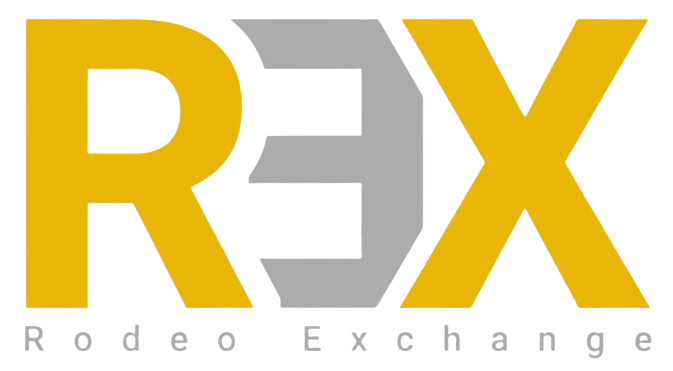A requirement to achieve a valid 1031exchange is that the Exchanger must avoid having actual or constructive receipt of the exchange funds. One way to accomplish this is to retain a Qualified Intermediary to satisfy the “safe harbor” requirements under Treasury Regulation 1.1031(k)-1(g)(4). The Qualified Intermediary must not be a “disqualified person” as defined in the 1031regulations. Examples of parties disqualified to serve as a Qualified Intermediary include parties related to the exchanger which are defined in sections 267(b) and 707(b)(1) of the Internal Revenue Code (e.g. ancestors, lineal descendants, siblings, spouses and related entities) as well as agents of the exchanger.
For purposes of the regulations, a person who has acted as the exchanger’s employee, attorney, accountant, investment banker or broker, or real estate agent or broker within the two year period prior to the beginning of the exchange is disqualified to serve as the Qualified Intermediary. There is an exception for the performance of routine financial, title insurance, escrow or trust services by a financial institution, title insurance company or escrow company or for services solely related to facilitating a 1031exchange. Accordingly, an exchanger can use the same Qualified Intermediary repeatedly.
When selecting a Qualified Intermediary, consideration should not only be given to the service and security they offer but also whether they are considered to be a “disqualified party, especially if the exchanger would like to have their exchange facilitated by their attorney or accountant.
Using a Qualified Intermediary to satisfy the exchange requirement is much easier to achieve since the Exchanger can sell the relinquished property to anybody (for cash) and buy their replacement property from almost anybody (for cash). It just has to be structured in accordance with 1031 regulations.
